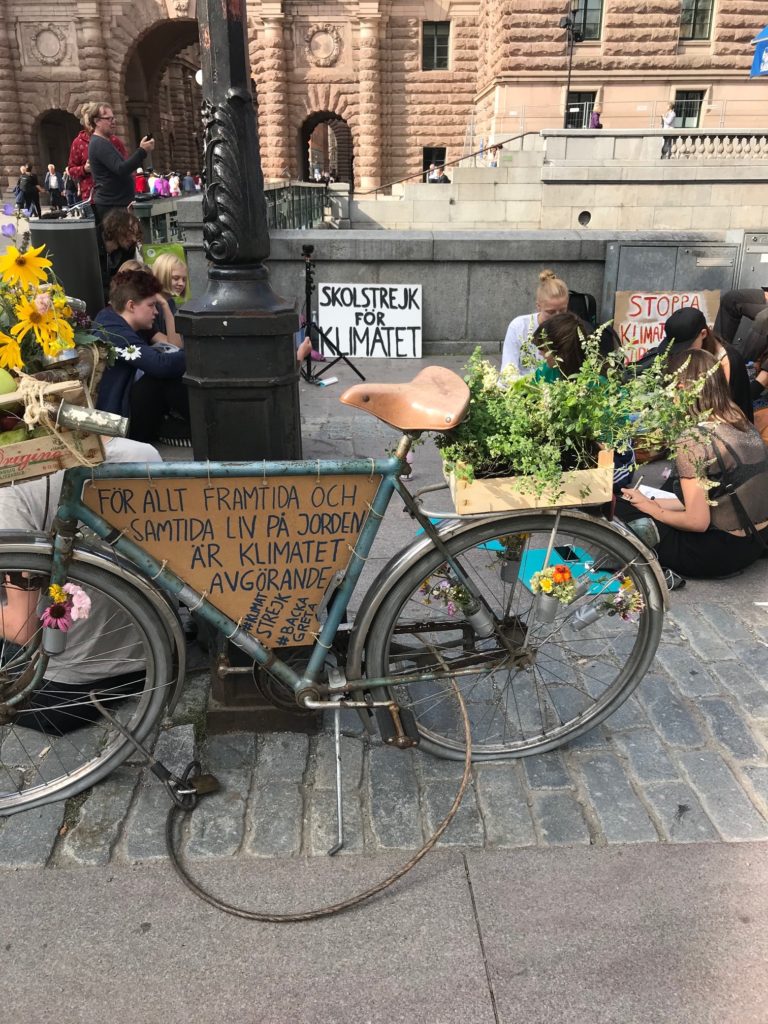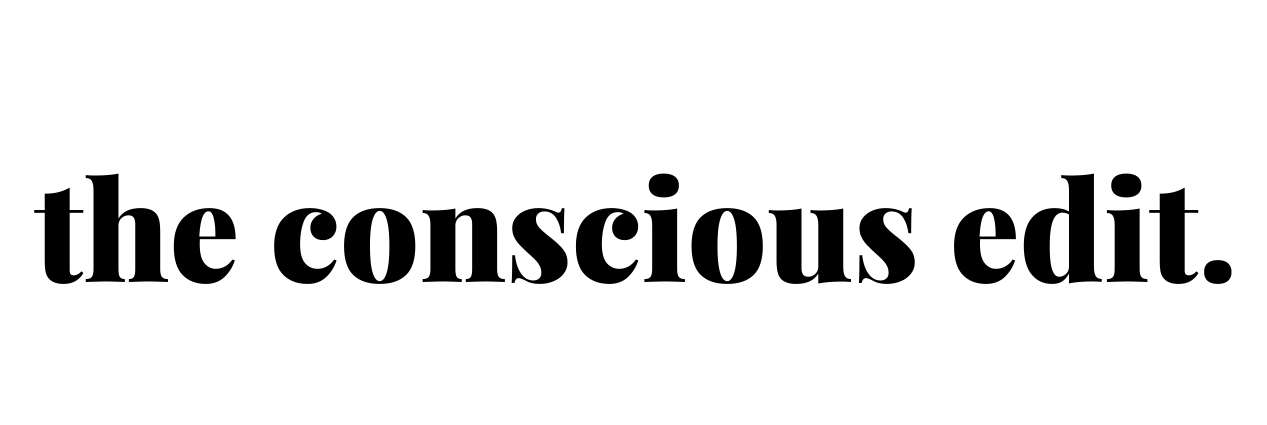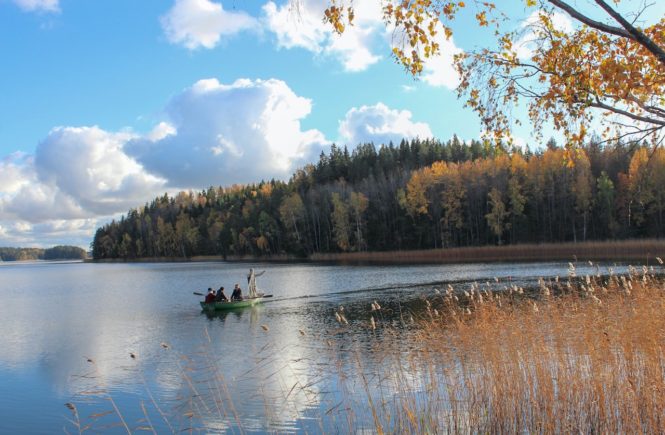The quote by Gandhi is an old classic but still one of my favourites. Because it’s real, practical and a genuine effort to inspire and create change. To not wait for others, but to go ahead and live by your values.
We may see this quote often but do we actually live by this? We may ‘Like’ the quote on social media but then what?
Who wants to change?
The summer of 2018 was one of the hottest any of us have experienced and the climate debate was boiling. In Sweden, we had wild fires and BBQ bans that got people talking. And the Green Party had a fantastic opportunity to bring these issues to the forefront ahead of the election in September. But they did badly and even lost seats in parliament.
One of the reasons I believe they did so badly is because they went (too?) real. They talked about changes we as people actually have to make to the way we live and consume. And this is something I think that not enough people want to hear.
Not enough people want to change. Many would rather rely on others to ‘fix the problem’, and many will justify behaviour and actions by saying that others are worse anyway. And for people in a country like Sweden, many also want to move the problem somewhere else, arguing that “we’re such a small country, what we do doesn’t make that much difference, and we do good already, look at the really bad countries instead”.
But shouldn’t we, collectively, try to follow the words of Gandhi? As a group of friends, colleagues at a company, or people of a country, shouldn’t we try to be the change we wish to see in the world?
Small vs big change
There’s a lot of debate at the moment of what makes the biggest difference. What will create biggest possible impact when it comes to the climate. And this is of course a positive development. Because we need to question these things, and a first step to changing your behaviour is to start questioning status quo. But it can also get complicated. When we ask whether a locally produced tomato is better than an organic one that’s been shipped from abroad? Or whether vegan leather is better that normal leather when the vegan alternative is a plastic one made from oil? Or whether our tax money should go towards local sustainability initiatives or be used as aid for countries that need more done towards their climate work?
How do we know what’s best? Do we focus on small changes or what we believe will create biggest possible change?
On an individual level, we can’t be doing a full supply chain analysis of every small thing we buy, but we can set up our own (realistic) goals and we can strive for improvement. Do some changes this year and get even better next year.
But on a country level, how can we ask other countries to take responsibility for the climate if we’re not doing everything we can?
Too ambitious or just enough?
There are loads of great climate and sustainability initiatives in Sweden at the moment, but at the same time, we’re a consumption heavy country and if everyone lived and consumed the way we do, we would need four planets. So there’s most definitely room for improvement.
We’ve had warnings of 10 to 12 years to try to fix the climate before it’s too late so we’ve got no time to loose. I feel 2018 was a year of talks and discussions on the climate. It was a year of learning a few important truths, especially from the various climate reports we’ve seen from the likes of the United Nations. Can 2019 be the year of action? When we will start seeing real change?

One of my favourite people at the moment, Greta Thunberg, the Swedish 16-year-old climate activist who’s campaigning for politicians to stop destroying the planet, is a true inspiration. She started striking outside the Swedish Parliament at the end of last summer and has already been to COP24 in Katowice and Davos where she’s been telling politicians and business leaders off for not doing their jobs properly. For ruining the world for future generations. And she’s telling it like it is. That we all have to stop what we’re doing and start acting in a different way for the sake of all our futures.
Be the change and encourage change
We can create change and we can inspire change. We can raise questions and we can question behaviour. However, attacking others who you may not think do enough or complaining about how others live may not be the right approach as I don’t think it leads neither to change nor a better world. Instead, I think it leads to a world with an increasingly harsh debating climate. In a worst case scenario it leads to a society where no one dares to or wants to do anything, where they just feel they have to defend themselves all the time and therefore end up doing nothing. Instead, we can share knowledge, tips, and inspiration to get as many people as possible to join.
We’ve been told we only have a few years to save the climate, and this stress is tough to deal with for a lot of people. But using this feeling and these emotions to demand change from businesses and politicians is probably a better route than posting angry comments on individuals’ social media accounts. We don’t need a more polarised society, we need positive thinking where everyone can and want to take part in their own way.
All or nothing?
Fighting climate change can of course feel overwhelming. But where we shouldn’t end up is in a place we feel it’s all or nothing. Where we either do everything or we end up doing nothing.
As individuals we can only do so much. But the more of us that do something, the bigger the impact. By making small changes, and talking about it, we can all influence others towards change. Even if we just get our family to make changes to our weekday dinners and do Meatless Monday. Or bring up travel issues at work to get your company to reduce flights and increase train travel. Or share environmental statistics or tips on how to volunteer your time for good causes on your social media, even if you only have 100 followers. That’s still 100 people (and maybe one or two bots) you have the power to influence. It’s not everything, but it’s also not nothing.
Even if we think it won’t matter because countries like China are much worse polluters. But actually, one of the reasons they have such high emissions is because they produce so much of the stuff we buy. So yes, it does matter what we do too.
We can start small. Or we can sell our car and use public transport instead. We can look at what issues there are in our own community, and do something about them. And we can continue learning. Read, listen to others who may know more or have a different perspective than you, join a study group. We can’t do everything, but we can do something and we can most definitely aim to be the change we want to see in the world.

